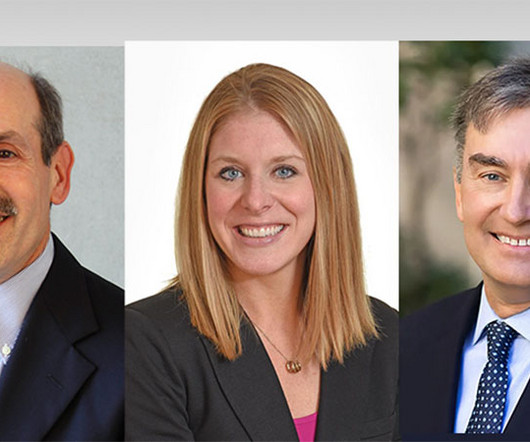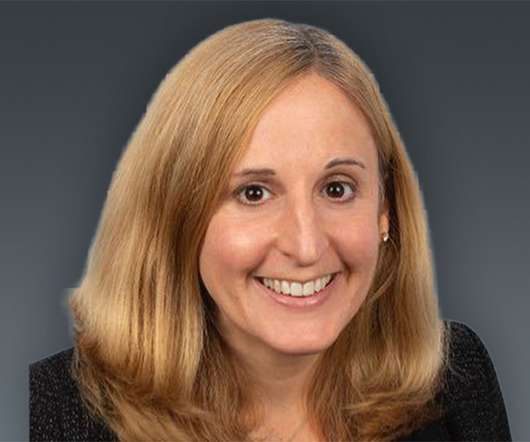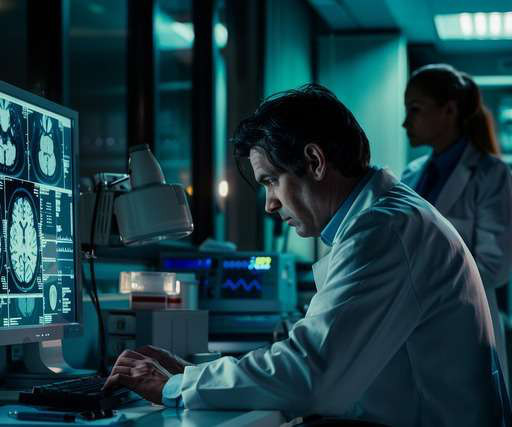5 Essential Services Provided by Primary Doctors
Hitchcock Family Medicine
AUGUST 5, 2022
According to the Center for Disease Control and Prevention, over 50% of doctor office appointments are made with primary doctors. Primary care physicians take it upon themselves to get to know patients in person, which helps them attend to their needs. Primary doctors are the first stop for medical care.





















Let's personalize your content